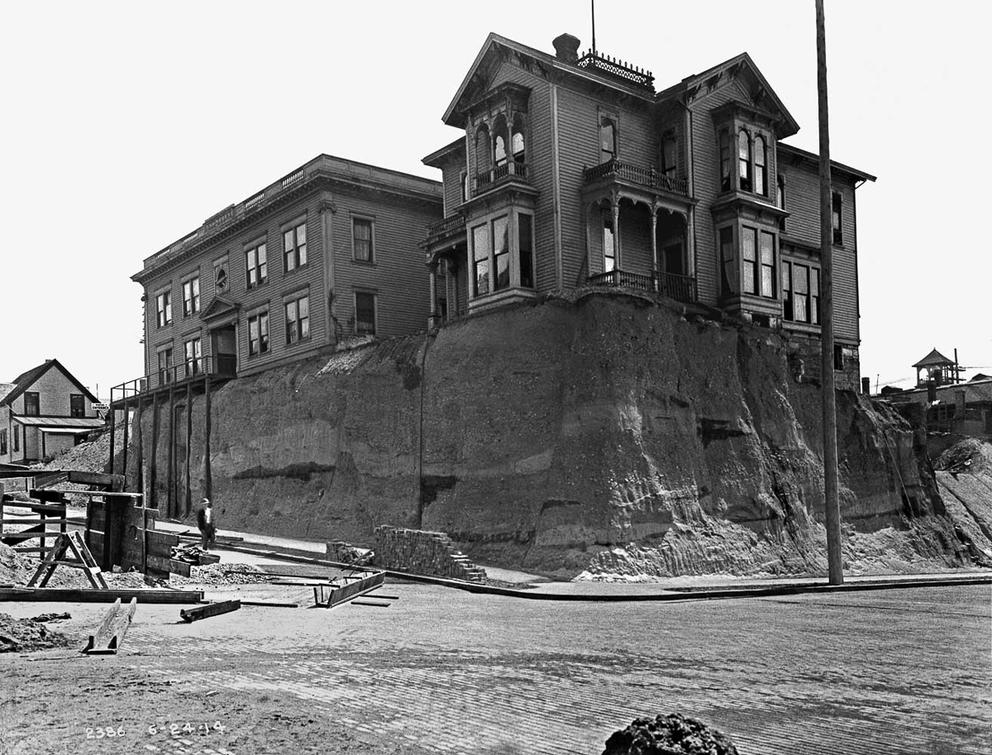Northwest author Timothy Egan was the keynote speaker at Crosscut’s annual “Courage Awards” this year. He said something that I should adopt as my motto: “Our history is not quaint!”
We’re all used to hearing about the Northwest’s funky, charming, roguish founders, but our history is much more than tide flat toilets that flushed in reverse when the tide came in. That’s the kind of colorful anecdote tourists hear on a Pioneer Square tour, but our history is much more than that. More than quaint, I would argue that it is civically relevant. We need to explore our history more, and put it to good use in the present.
Crosscut encourages civic engagement. For me, that means getting to know our city and region better, and learning how we fit into and shape the big stories of our time.
This last year, I have been writing a lot about the history of racism in Seattle, from the Chinese exclusions to the Seattle mayor who supported slavery and tried to start an all-white colony in Mexico.
When demonstrators tell us that Black Lives Matter, or that our housing patterns or methods of policing are rooted in racism, it’s important to understand our past and the assumptions baked into our city and our culture. You can’t change smartly if you don’t understand what needs to be changed.
This past year, I’ve tried to dig into stories that inform the present. I’ve written about the police reform efforts of the early 1900s and the 1970s. Are there lessons to learn for current efforts? I’ve mused about what might have been if the bike-able city we built in the 1890s hadn’t been dismantled for the automobile. Can this teach us something about the future of our streets? I wrote a series of stories that helped convince the federal government to finally change the racist name of a lake in the North Cascades. Are our place names truly reflective of the people we want to be?
I’ve written about what Ivar Haglund has to teach us today, how the Amazon boom resembles aspects of the Klondike era, I’ve covered stories about how we seem to have forgotten how to truly protect our historic districts—in the last year numerous attempts have been made that would erode the historical integrity of the Pike Place Market and Pioneer Square.
History can serve as a teacher, a watchdog, a reminder, and a motivator. It is many things, but it is not “quaint.”
Which is why I hope you will continue to support Crosscut.
Crosscut is the forum for this kind of exploration and engagement. It is the place where our history and politics meet. We tell the stories we need to get perspective, to understand context, to find meaning in the news of the day.
If you are the kind of reader--the kind of citizen--for whom this is essential stuff, please consider supporting Crosscut generously. I believe the year ahead will be one of Crosscut’s most engaging, most surprising, most dynamic ever with new resources, an expanded media platform, and a continued commitment to regional coverage unlike any other new source.
Please help us continue to dig out relevant aspects of our past that will help us shape a better future.


